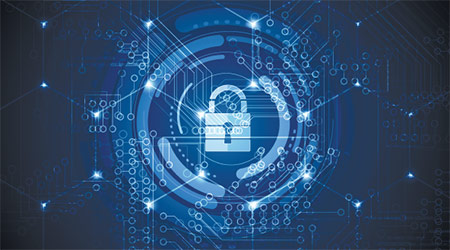For businesses, data security has become a hot button issue over the last few years. In Europe, the GDPR regulations have formally laid out the responsibilities each business has to protect its client information. A breach of these regulations can lead to some serious fines for you.
But, for businesses in the healthcare industry, there’s nothing new here. Medical facilities have always been held to a higher standard thanks to the highly personal nature of the information they keep.
That’s why, if you’re in the healthcare industry, you need to take even more care. You need to start with top-notch anti-virus software. On its own, though, it’s not going to be enough. In any organization, there is always one security variable that is hard to control – how your staff behaves.
If your staff is downloading funny memes, accessing your system on an unsecured device, or over an unsecured network, or not able to identify phishing attempts, all your security precautions might be for nothing.
It’s not that they’re acting maliciously, but rather that they just don’t know better. You can change that by conducting security awareness training on a regular basis.
The training will make your staff more aware of what risks there are out there, and how they can guard against them. If you'd like a sneak peek at the types of tips you’ll learn, check out the infographic below.
It starts off with some jaw-dropping statistics about the biggest and most expensive hacks in history. You’ll also learn more about some of the top hackers in the world. What you might find especially interesting for your business is the information about how small to medium businesses are affected by cybercrime.
We all tend to think that only big companies are prime targets. In reality, cybercriminals don’t discriminate – they’ll steal from anyone.
Going on further, you’ll also find tips and tricks on securing your personal and business networks.


 UF Health Hospitals Rely on Green Globes to Realize Their Full Potential
UF Health Hospitals Rely on Green Globes to Realize Their Full Potential How Healthcare Facilities Can Be Truly Disaster-Resilient
How Healthcare Facilities Can Be Truly Disaster-Resilient TriasMD Breaks Ground on DISC Surgery Center for San Fernando Valley
TriasMD Breaks Ground on DISC Surgery Center for San Fernando Valley Bigfork Valley Hospital Falls Victim to Data Breach
Bigfork Valley Hospital Falls Victim to Data Breach AI-Driven Facilities: Strategic Planning and Cost Management
AI-Driven Facilities: Strategic Planning and Cost Management